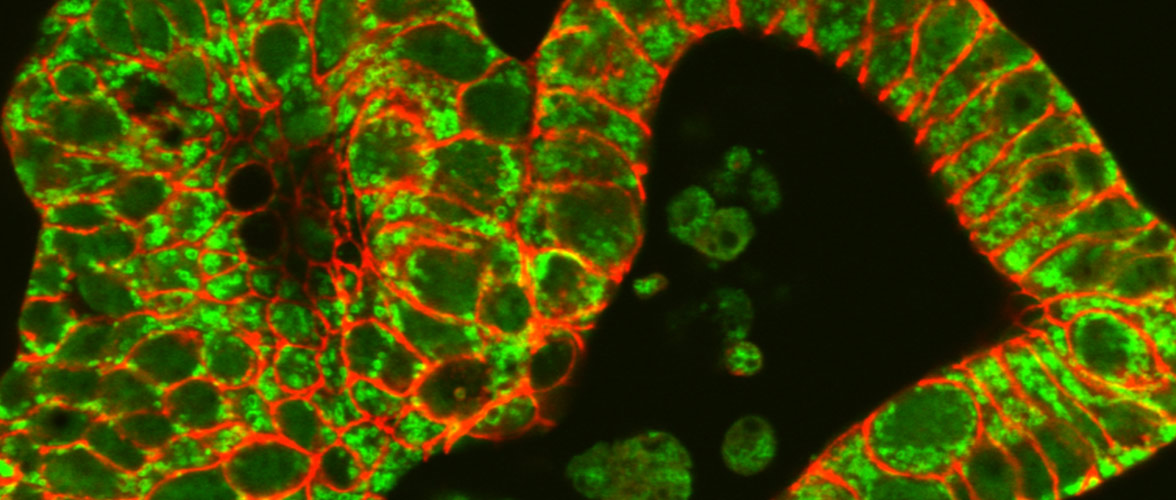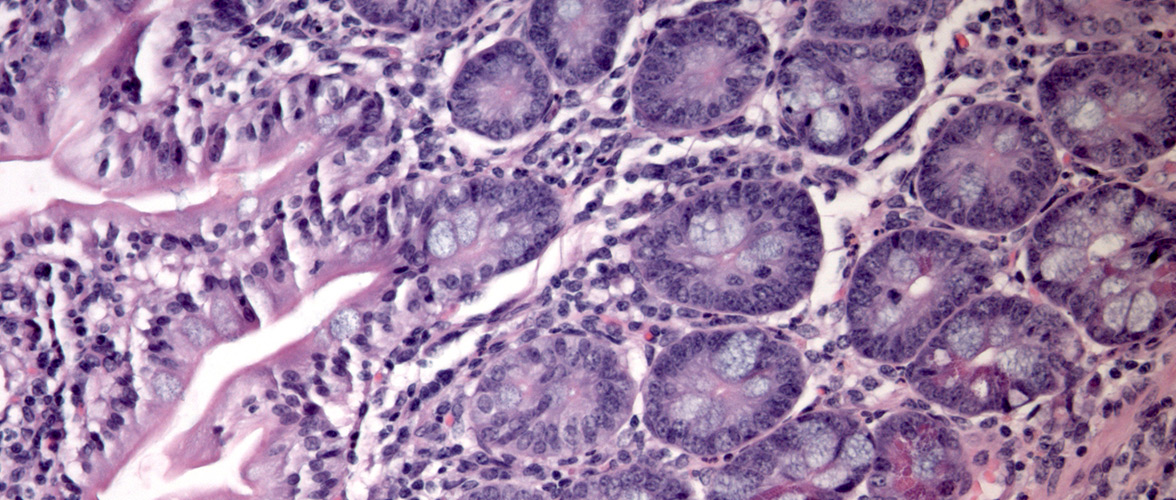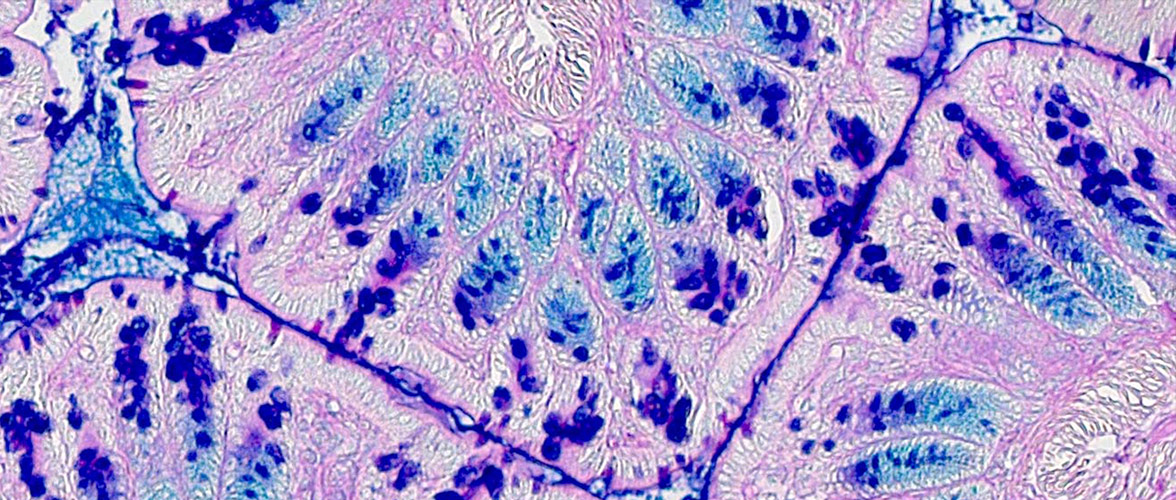Chair of Nutrition and Immunology
Prof. Dr. rer. nat. Haller is heading the Chair of Nutrition and Immunology at the School of Life Sciences of the Technical University of Munich. He is also the Scientific Director of the interdisciplinary research center ZIEL – Institute for Food & Health and the Collaborative Research Center - Microbiome Signatures (CRC 1371) at the Technical University of Munich.
Research activities are focused on Gut Health and Diseases:
Nutrition and Microbiome
Microbial communities in the gut (microbiome) play an important role in the pathogenesis of chronic diseases and diet influences the composition and activity of commensal gut microbes. Prospective cohorts and intervention studies in adults and newborns help to identify risk signatures for chronic diseases and enable us to specify the role of food in shaping the gut microbiome.
Diurnal rhythmicity of fecal microbiota and metabolite profiles in the first year of life: a randomized controlled interventional trial with infant formula. Cell Host & Microbe 2024 Jul 10;32(4):573-587.
Arrhythmic Gut Microbiome Signatures Predict Risk of Type 2 Diabetes. Cell Host & Microbe 2020 Aug 12;28(2):258-272.
Inflammation and Cancer
Functional changes in the gut microbiome are causally involved in the pathogenesis of chronic intestinal diseases. The intestinal epithelium as a barrier and communication organ is at the center of research activities and the development of novel animal models for Crohn's disease, ulcerative colitis and colorectal cancer (CRC) help to elucidate the impact of microbe-host interactions in regulation tissue injury, inflammation and tumorigenesis.
Mitochondrial perturbation in the intestine causes microbiota-dependent injury and gene signatures discriminative of inflammatory disease. Cell Host & Microbe 2024 Jul 10 doi: 10.1016/j.chom.2024.06.013
- Activated ATF6 Induces Intestinal Dysbiosis and Innate Immune Response to Promote Colorectal Tumorigenesis. Gastroenterology 2018 Nov;155(5):1539-1552.
Prevention and Therapy
Stress signaling and metabolic changes in intestinal epithelial cells affect gut barrier integrity and tissue regeneration. The transcription factor ATF6 (activating transcription factor 6) and mitochondrial function influence the pathogenesis of inflammatory and tumorigenesis in the gut. Microbiome-related therapies and nutritional strategies to modulate the function of commensal gut microbes are being investigated in inflammatory bowel diseases (IBD) and colorectal cancer (CRC).
- Exclusive Enteral Nutrition Initiates Individual Protective Microbiome Changes to Induce Remission in Pediatric Crohn’s Disease. Cell Host & Microbe. 2024 November 13.
- Integrated microbiota and metabolite profiles link Crohn's disease to sulfur metabolism. Nature Commun. 2020 Aug 28;11(1):4322.



